Learning hiragana (ひらがな) ②(゛,゜) and basic Japanese words(にほんご) in 5 minutes
- 2019.08.03
- Learning Japanese
- Basic Japanese, beginner, Hiragana, ひらがな
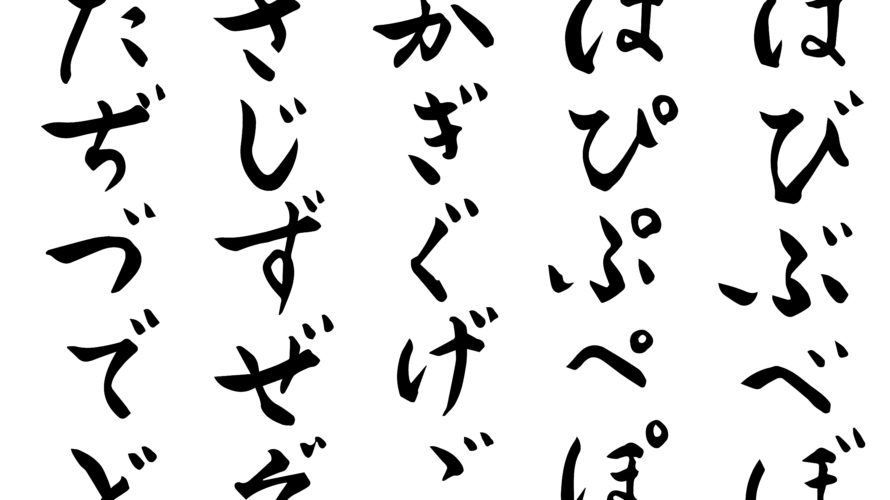
Welcome back to a beginner course in learning Japanese(にほんご).
If you have not seen my previous post, here is the post.
When you have finished reading this post, you can read and understand most of the Japanese words written in ひらがな(hiragana) in Japanese(にほんご).
スポンサードサーチ
Learning hiragana (ひらがな) ② (゛,゜) and basic Japanese words(にほんご) in 5 minutes
You have already learned most of the ひらがな(hiragana) in the previous post, but there are some exceptions, such as “ ゛,゜ “.
How to read and pronounce ひらがな(hiragana)with (゛) words?
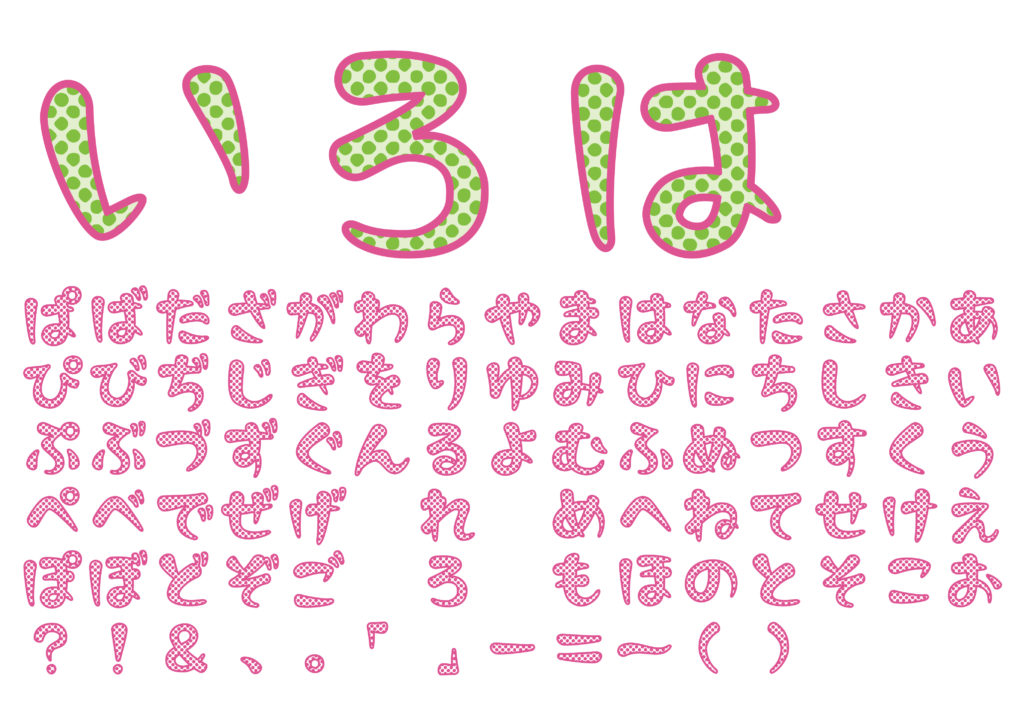
First, let’s learn about (゛).
I think some of you may have already wondered that ひら “が(ga)” な includes “ ゛” on the upper-right corner of か(ka).
(゛) is called “濁音(dakuon)”, which you don’t need to remember, all you have to do is to remember 20 consonant-vowel unions below.
They are
“か(ka)き(ki)く(ku)け(ke)こ(ko)“, “さ(sa)し(shi)す(su)せ(se)そ(so)”,
“た(ta)ち(chi)つ(tu)て(te)と(to)”, “は(ha)ひ(hi)ふ(hu)へ(he)ほ(ho)”.
They are converted to
“が(ga)ぎ(gi)ぐ(gu)げ(ge)ご(go)”, ”ざ(za)じ(ji)ず(zu)ぜ(ze)ぞ(zo)”,
“だ(da)ぢ(ji)づ(zu)で(de)ど(do)”, ”ば(ba)び(bi)ぶ(bu)べ(be)ぼ(bo)”.
To sum up, it is easy to remember that they are basically converted like this.
k→g、 s→z、 t→d、 h→b
How to read and pronounce ひらがな(hiragana)with (゜) words?
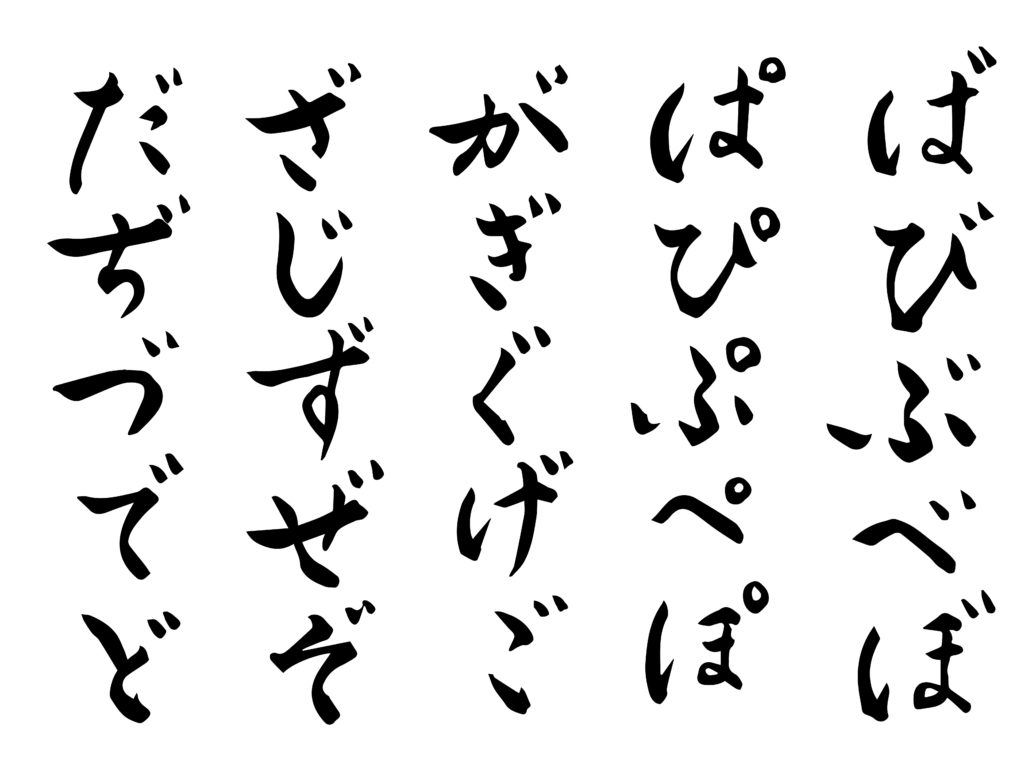
Next, let’s take a look at (゜).
But, do not worry, there are only 5 hiragana.
(゜) is called “半濁音(han-dakuon)”, which is also you do not have to memorize.
Just to make sure that those are ぱ(pa) ぴ(pi) ぷ(pu) ぺ(pe) ぽ(po).
As you can see, ( ゜) are put down on the upper-right corner of “は,ひ,ふ,へ,ほ”.
When you pronounce each word, consonant “h” turns into “p” sound.
“は(ha), ひ(hi), ふ(fu), へ(he), ほ(ho).”
↓
“ぱ(pa), ぴ(pi), ぷ(pu), ぺ(pe), ぽ(po).”.
To sum up, it is easy to remember that they are basically converted like this.
h→p
Some Essential Japanese expressions and words
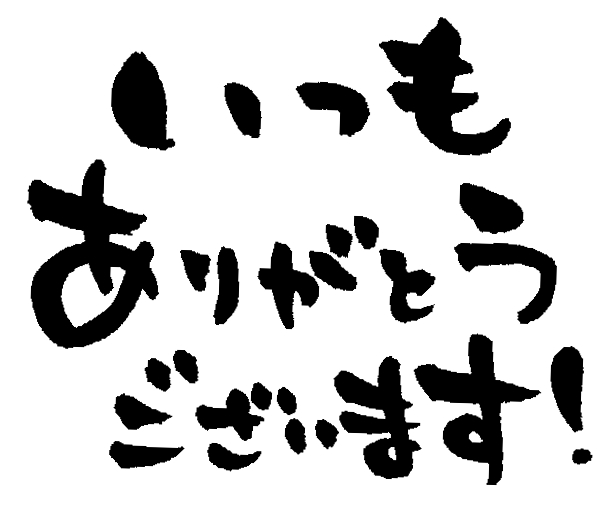
After learning(゛,゜), you can now understand some vital common expressions.
Let me give you some example words and phrases.
ありがとう(arigatou) means “Thanks” in Japanese.
ありがとうございます(arigatougozaimasu) means “Thank you very much.“
どういたしまして(douitasimasite) means “You’re welcome.”
こんばんは(konbanwa) means “Good evening.“
にほんご(Nihongo)means “Japanese (The Japanese language).“
じかん(Jikan)means “time.“
ぱん(Pan)means “bread.”
That’s it for today. Thank you very much for reading until the end.
ありがとうございました。またね。
-
前の記事
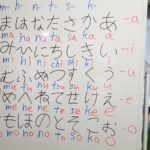
Learning hiragana(ひらがな) and Japanese words from scratch (movie) 2019.08.02
-
次の記事
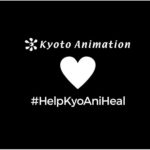
京アニにできることはまだあるかい (Is there anything that KyoAni can do?) 2019.08.05